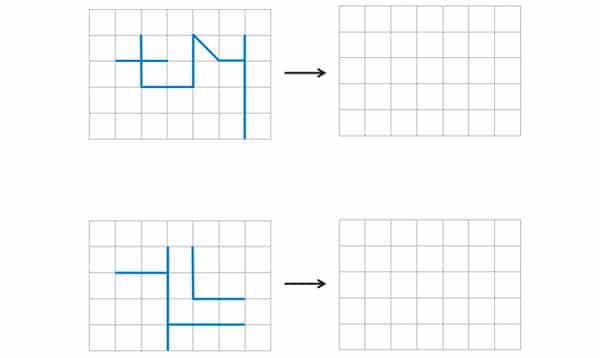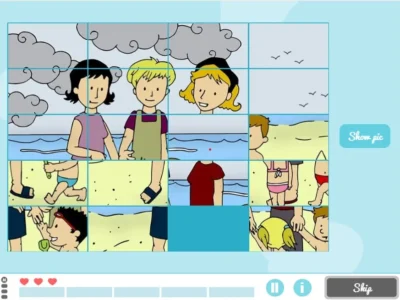Different types of praxis include:
• Ideomotor praxis: the ability to perform intentional movements or simple gestures.
• Ideational praxis: the ability to manipulate objects/tools in a sequence of motor actions involving knowledge of object function, knowledge of action, and knowledge of serial order.
• Facial praxis: the ability to perform intentional movements or gestures with different parts of the face: lips, eyes, tongue, eyebrows, cheeks, etc.
• Visuoconstructive praxis: the ability to plan and execute the movements necessary to organize a series of elements in space to draw or copy a figure.
Why is praxis important?
As explained above, praxis is the ability to execute movement. When we walk, get dressed, or perform any motor activity, we use this ability; the inability to perform these actions is called apraxia. Praxis also involves knowledge of objects and tools as they relate to their functions, as well as knowledge of the actions to be carried out to manipulate an object or to perform a task.
Praxis is therefore a crucial part in our daily life because any action involves this ability. This ability is required in order to carry out simple yet important activities such as smiling or talking, tasks that apraxic individuals are unable to perform.
NeuronUP activities for the rehabilitation of praxis
At NeuronUP, we have designed basic activities to rehabilitate praxis: for visuoconstructive praxis, there is copying a series of figures; for ideomotor praxis, there is pantomiming/demonstrating tool use, either on command or by imitation, to adjust task difficulty to individual needs.

